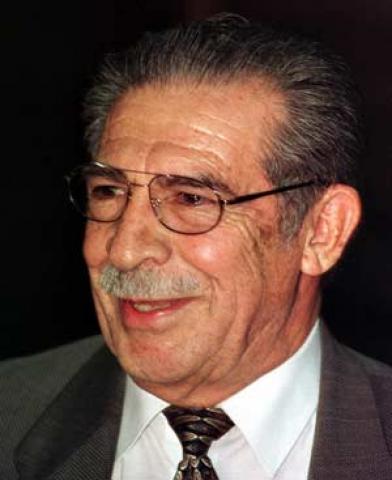
The following are the first few paragraphs from an article posted on The Trial of Efrian Rios Montt and Mauricio Rodriguez Sanchez website.
On Tuesday, the Constitutional Court issued decisions on some, but not all, of the pending legal challenges which have left the Guatemalan genocide trial at a temporary standstill.
The Constitutional Court decisions only added to the suspense created last week when, on April 18, Judge Patricia Flores abruptly annulled the oral phase of the trial even though more than one hundred witnesses and experts had testified and a final verdict was believed imminent. In her order, Judge Flores instructed that the process revert back to its November 23, 2011 pre-trial status, before her earlier recusal from the case. The trial court immediately rejected this annulment order as illegal, and suspended the trial pending constitutional review, which the trial court – and the public – still await.
Judge Flores asserted that her decision to annul the oral proceedings was pursuant to the April 3, 2013 Constitutional Court order requiring that certain defense witnesses be admitted, and a Supreme Court resolution rejecting her earlier (November 23, 2011) recusal.
Judge Flores had been ordered recused while she was presiding over the evidentiary phase of the trial, in response to a defense challenge. CALDH, one of the civil parties, challenged the recusal in December 2011, and the Supreme Court ruled in favor of CALDH, but a final decision by the Constitutional Court was only issued in late 2012; and it took until April 2013 for the notification of the illegality of the prior recusal order to reach Judge Flores, and until April 17, 2013 for Judge Flores to notify the parties.
Legal challenges followed immediately after the annulment order. Among others, the civil parties – CALDH, Asociación para la Justicia y Reconciliación (AJR), and Asociación Familiares de Detenidos Desaparecidos de Guatemala (FAMDEGUA) – filed a complaint (ocurso en queja) challenging Judge Flores’ annulment decision. Defense attorneys also filed challenges, in addition to challenges that lay pending before the Constitutional Court even before the annulment order. ...
